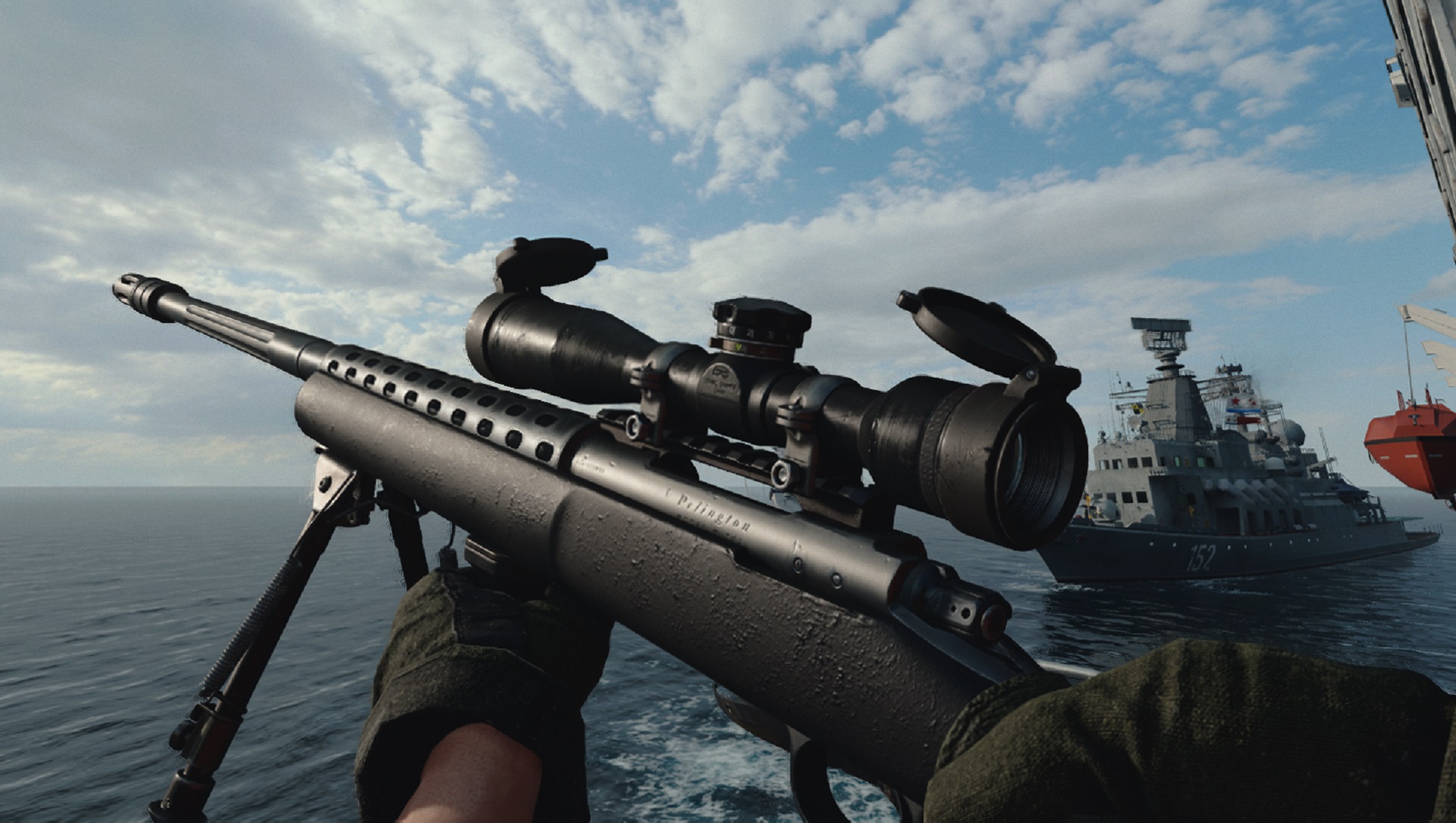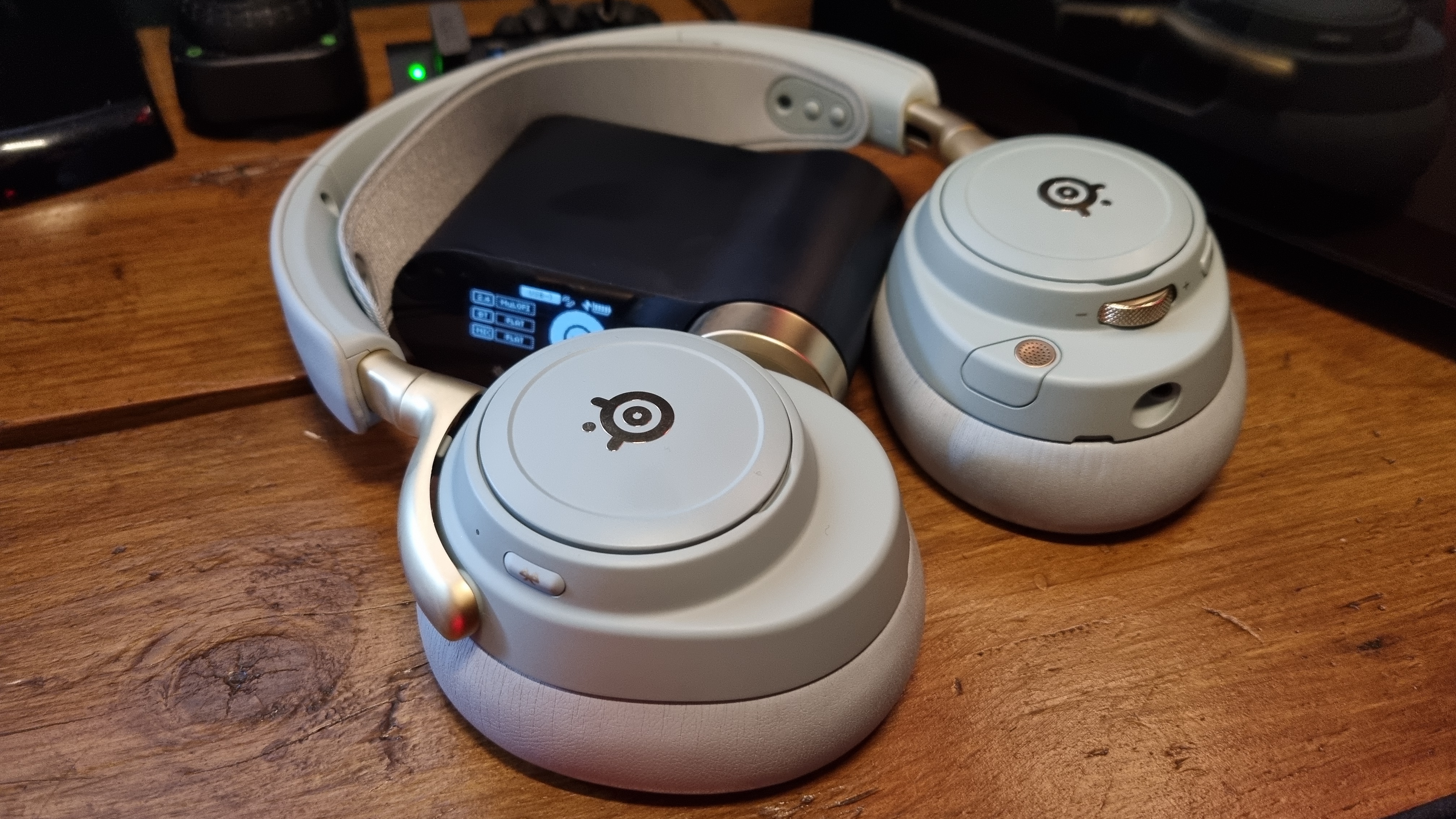Activision granted patent for system allowing players to share Call of Duty loadouts
Coming to an Instagram near you...

Keep up to date with the most important stories and the best deals, as picked by the PC Gamer team.
You are now subscribed
Your newsletter sign-up was successful
Want to add more newsletters?

Every Friday
GamesRadar+
Your weekly update on everything you could ever want to know about the games you already love, games we know you're going to love in the near future, and tales from the communities that surround them.

Every Thursday
GTA 6 O'clock
Our special GTA 6 newsletter, with breaking news, insider info, and rumor analysis from the award-winning GTA 6 O'clock experts.

Every Friday
Knowledge
From the creators of Edge: A weekly videogame industry newsletter with analysis from expert writers, guidance from professionals, and insight into what's on the horizon.

Every Thursday
The Setup
Hardware nerds unite, sign up to our free tech newsletter for a weekly digest of the hottest new tech, the latest gadgets on the test bench, and much more.

Every Wednesday
Switch 2 Spotlight
Sign up to our new Switch 2 newsletter, where we bring you the latest talking points on Nintendo's new console each week, bring you up to date on the news, and recommend what games to play.

Every Saturday
The Watchlist
Subscribe for a weekly digest of the movie and TV news that matters, direct to your inbox. From first-look trailers, interviews, reviews and explainers, we've got you covered.

Once a month
SFX
Get sneak previews, exclusive competitions and details of special events each month!
In September last year Activision applied for a patent named 'Systems and methods for customizing weapons and sharing customized weapons via social networks', listing the inventor as one David J. Vonderhaar, the lead multiplayer developer at Treyarch. On November 17 2020 this patent was granted (thanks, GameRant).
So what's in it? The nature of patent applications is to be as exhaustive as one possibly can, so there's a lot of text to dig through, but the basic idea here is a system for sharing Call of Duty's increasingly elaborate and in-depth weapon loadouts, both in-game and externally. The patent lists every aspect of a weapon tracked by Call of Duty, things like "weapon performance attributes, weapon appearance attributes, weapon performance statistics, player performance statistics," and posits players could control which of these are shared.
The real meat is in the sharing options which, while not new to games, seems like an especially comprehensive and slick implementation of importing other players' settings. There's a degree of control and granularity here that goes beyond expectations: sharing with everyone, or within a group, or just within a squad.
"A player may further specify that he or she wishes to make a customized weapon configuration available for gameplay by one or more other players. In some implementations, a user may specify that a customized weapon configuration and/or some or all of the foregoing information be made available to all players, or a subset of players including, but not limited to, friends (or followers), or team members, or other groups of players."
Another big block of text incoming, this one explaining that the proposed system will work in-game and across most social media networks, but also via emails and texts. The sharing engine will "enable a player to share weapon configurations, information about weapon configurations, and/or gameplay statistics internally (or in-game) via, for example, an in-game social network or a game publisher-centric social network accessible in-game by game players. Additionally or alternatively [it will enable players to share] via one or more external social networks (e.g., Facebook, Google+, Twitter, Instagram, Vine, Tumblr, etc.). In one implementation of the invention, the sharing engine may enable a player to transmit communications (e.g., email messages, text messages, or other electronic communications) that include hyperlinks or other selectable graphical user interface objects that enable recipients to access the shared information."
In addition to the above, when sharing loadouts this patent allows for "personalized text, graphics, pictures, audio, video, or other multimedia" to accompany the goods. Given some of the playernames I've seen in Cold War so far, can't wait to see what ingenuity the COD community brings to its own Weapons Instagram.
Another detail is that the patent goes beyond loadouts and into more community features such as players being able to challenge each other. "The sharing engine may further enable a player to issue challenges to one or more other video game players to obtain or exceed certain player performance statistics, weapon usage statistics, or ratings, and/or achieve other objectives using a given weapon configuration."
Keep up to date with the most important stories and the best deals, as picked by the PC Gamer team.
The proposal suggests challenges could be timed, and players keep track of them via "challenge interfaces", i.e. a hub. Again this isn't something new to games: in fact it all sounds a lot like what Criterion did with Burnout: Paradise. But this is new to COD, and the idea of your COD crew having its own private set of loadouts and challenges is an attractive one.
A final note: just because a patent's been granted doesn't mean these features are arriving tomorrow, or will necessarily ever appear in this precise form. But the intention is clearly there, and it sounds like a great addition to the somewhat omnipresent experience that Call of Duty is becoming.

Rich is a games journalist with 15 years' experience, beginning his career on Edge magazine before working for a wide range of outlets, including Ars Technica, Eurogamer, GamesRadar+, Gamespot, the Guardian, IGN, the New Statesman, Polygon, and Vice. He was the editor of Kotaku UK, the UK arm of Kotaku, for three years before joining PC Gamer. He is the author of a Brief History of Video Games, a full history of the medium, which the Midwest Book Review described as "[a] must-read for serious minded game historians and curious video game connoisseurs alike."

